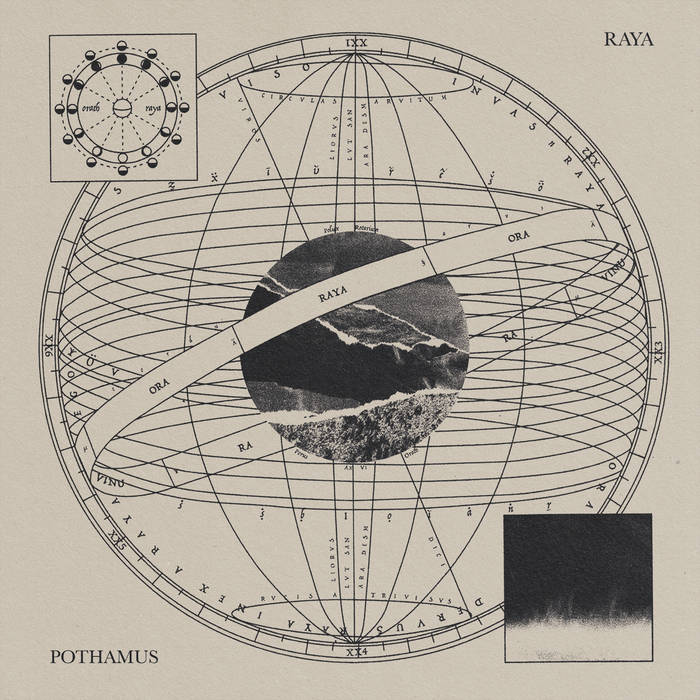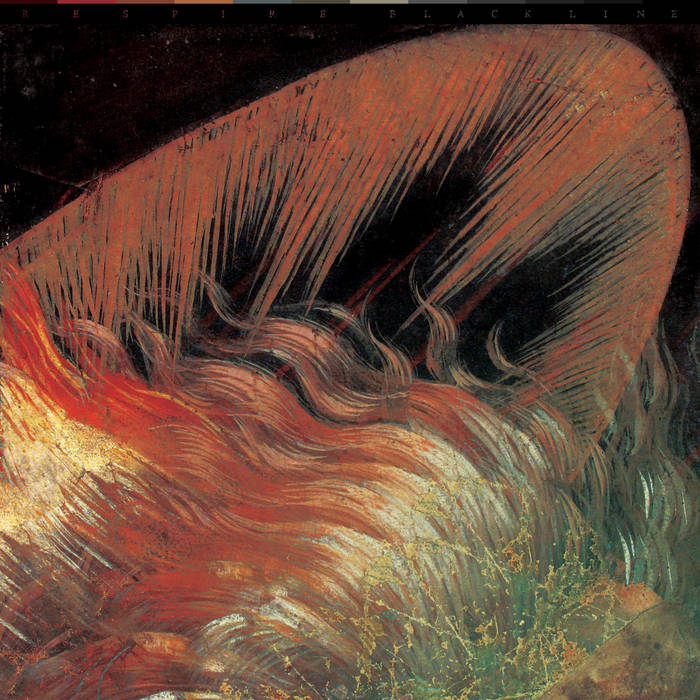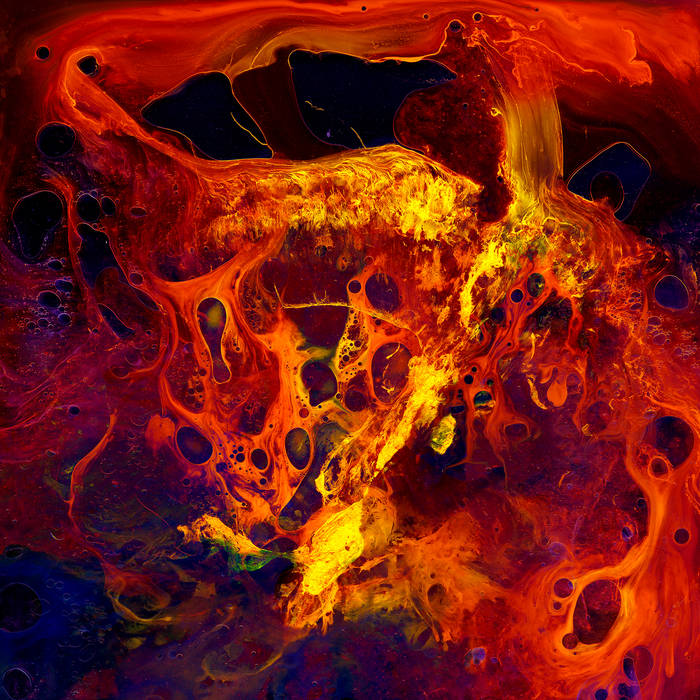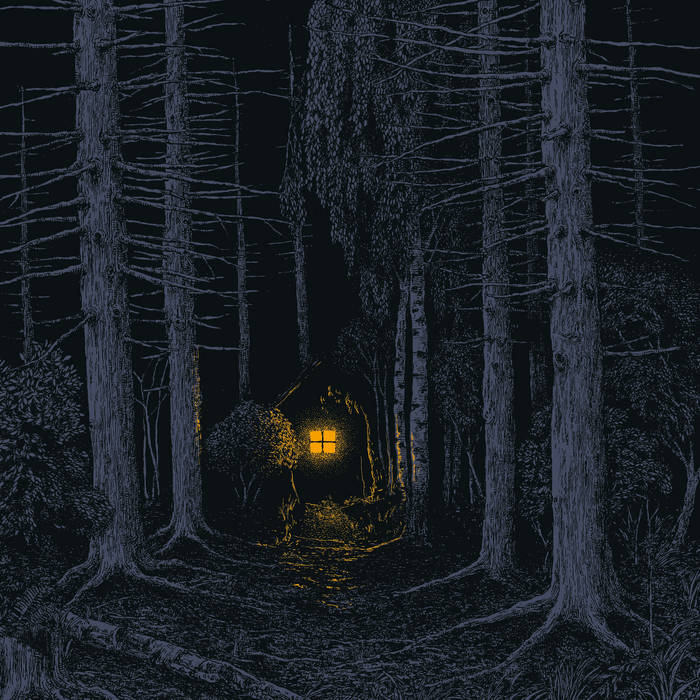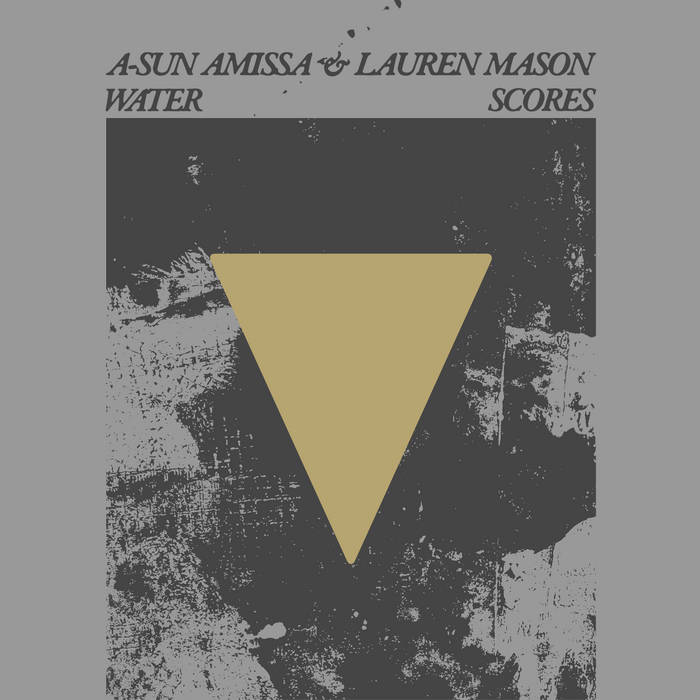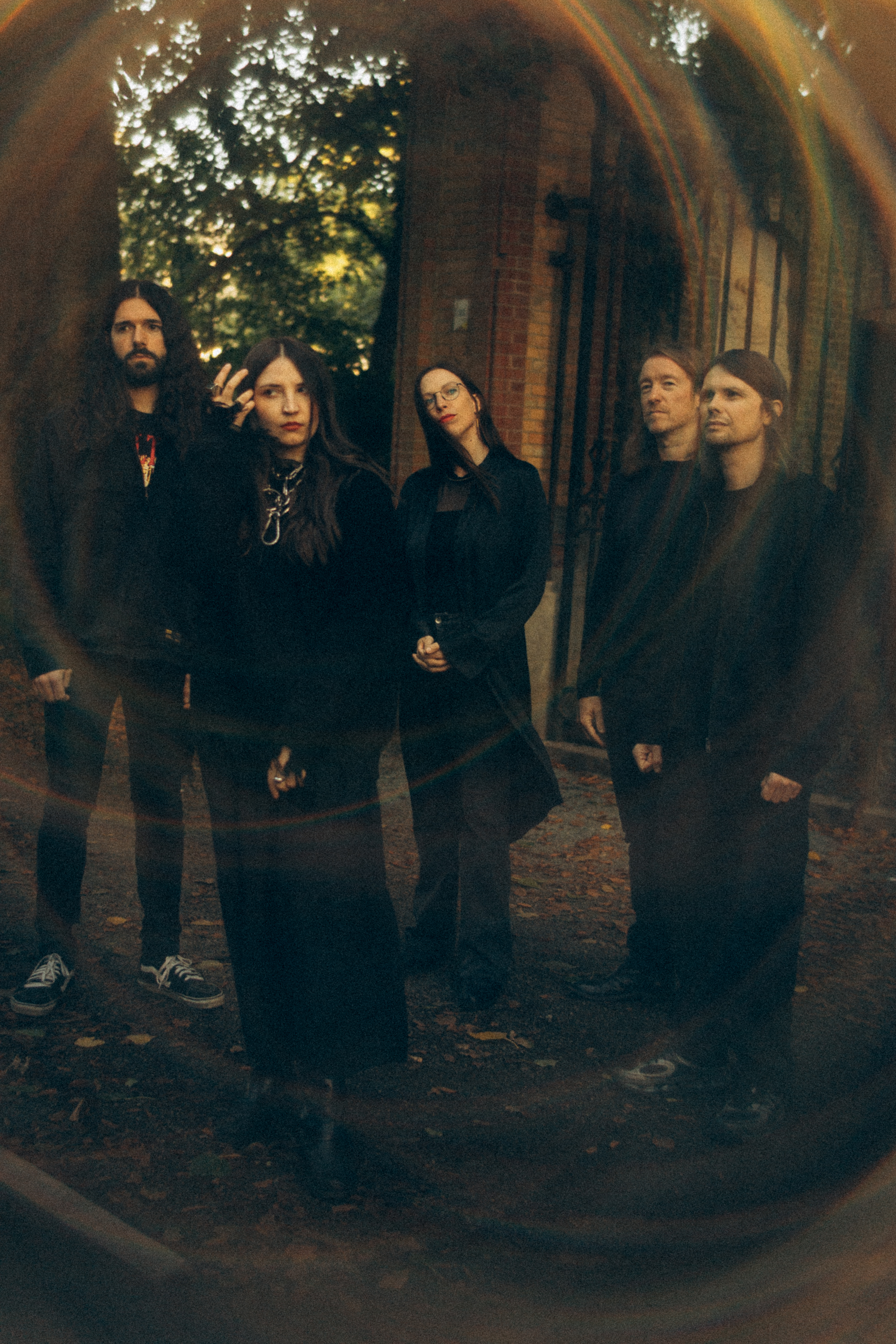Pothamus from Mechelen, Belgium plays Doom with a lot of tribal drums, so that one might think, they’re from a Latin American jungle.
Doom has always been more about the ritual than about the music which serves more or less the purpose of supporting the events unfolding before our own eyes. Therefore the following question must arise as a kind of consequence: If we do not see the ritual – to what extent can the music itself become an enchanting and dreamlike event?
When listening to the next possibly big thing from Belgium, Pothamus from Mechelen, you might begin to feel the same trance that will overcome one when listening to Brazil’s finest, Labirinto. Pothamus will now release their first full-length through Consouling Sound, the epicenter of Belgian underground music. Stemming from a scene with so many different, awesome bands it can be difficult to find one’s own niche, but Pothamus has done so easily as it seems. The trio has developed a sound that is rooted in post-rock but from there they evolved with full force. Their journey started all the way back in 2014 and has since released several single tracks and an EP (I from 2016); now Raya is next. And it will come at you like a sneaky snake from behind, but it can take over your mind by giving you an exciting concoction of sounds and genres.
Their post-rock has now turned into that kind of doom which is not looking for the deep-tuned smalls riffs but that is developing a pull on you by means of Michael Lombarts’ bass which is giving us one tribal dance quality line after the other. His first-class skills never show off, but you will notice the way he uses his four-string especially in songs like “Heravis I” where the bass is the main instrument placing the drums into the shadow. Moreover, there are further features on Raya that will keep your head spinning and your soul adjusting. The often use some fantastic synth spaces underneath it all and some of the guitar lines are windy like Chicago so that we always have a feeling of standing on a windswept beach where the master of ceremony is starting to light the candles.
This master is Sam Coussens whose guitar work is just awesome and who adds vocals that – although containing words and thoughts – speak directly to your heart as they are often so hushed so near-Gregorian and enchanting that you get the feeling of witnessing a decade-long-tested master performing his craft. The record (like most of their work) was produced and mixed by their friend Chiaran Verheyden who was really able to give all the lines their right purpose – it’s mostly the rhythm section that sets the tone for the six songs (in 49 minutes) with Michael’s little bends on the bass strings and the near-Neurosis quality of Mattias van Hulle’s drumming. If you like your drums performing on native tribe-level (often bordering on post-punk) you will love this as much as Neurosis or A Storm of Light. The 16-minute monster title track “Raya” might be the best Neurosis-song you have heard from a band other than Neurosis in a long while.
When the first spin of the record is over, you might wake again or come to full consciousness but your mood might be so altered that you just want to go back and therefore spin the record a second time. To come back to the original question above, one has to say “Yes, doom music can have the same effect without the ritual!” If and only if, it is done as cleverly (on a compository and a productional level) as Raya by the Mechelen guys. This record is one of the biggest evolutionary steps you might witness from any band in 2020. Pothamus have found their sound and hopefully they do not turn back from it.

